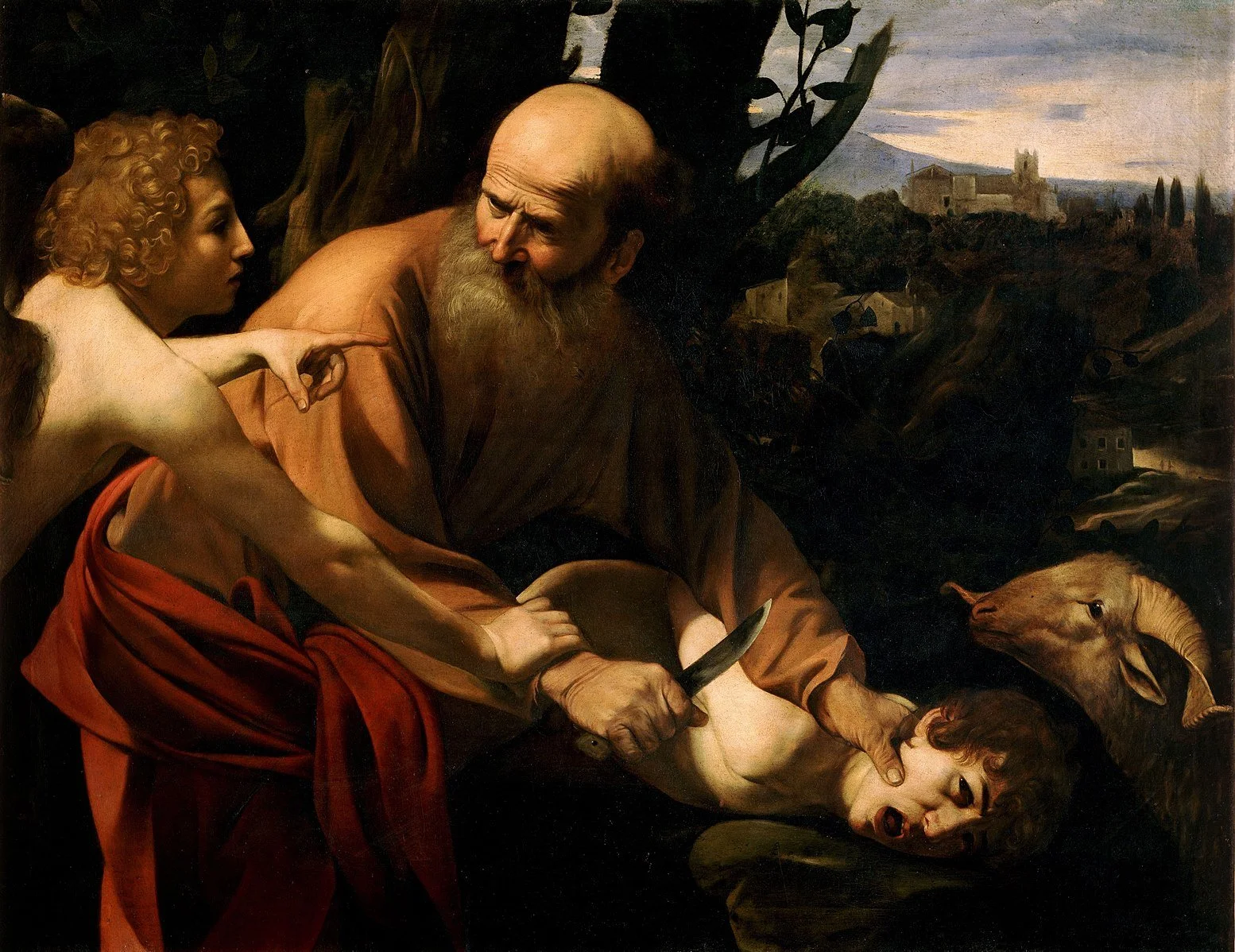Our culture has an affinity for words like organic, authentic, natural and intuitive. When applied to faith, these words become near synonyms for spontaneous, “true-to-myself”, effortless and “the-way-I-already-think.” In other words, the cultural assumption is that spiritual growth will happen when I am in the right place that nurtures my “true-self.” This approach to formation is from the inside out - first we change on the inside, then our lives look differently on the outside. This rings true for most people. “First, I’ll learn to love the right things, then I’ll do them.” This way I’ll avoid being a hypocrite and living inauthentically. Right?
As inviting as that may sound, it is almost entirely contrary to the prescribed pathway for spiritual growth given to us in the Bible. God’s invitation to us is, rather, to come and die that we might live. Receiving the redemption of Jesus means the end of the “old self” and the birth of a “new self.” And while this is, spiritually speaking, a one time event that occurs when a person puts their faith in Jesus and is baptized, it is also the paradigm for spiritual growth going forward. So Christians (and especially Anglican Christians) may use words like: intentional, discipline, struggle, tension, work, effort and change. By using these words we are not denying the grace of God, nor are we saying that we can somehow direct our own spiritual future. Rather, we are simply embracing Jesus’ “life-through-death” approach towards faith. We are saying, that discipline is to spiritual growth as eating and exercise are to physical health. We are not in control of our own health, our health lies in the hands of the Lord, but we have a role to play in stewarding our own bodies. We ought to eat healthy foods and exercise our bodies in order to play our part in promoting our own health. In the same way, we ought to employ spiritual disciplines in order to promote our own spiritual health. This is not legalism, this is formation from the outside in. We acknowledge that we do not desire or love the right things, and so we discipline ourselves and wait for our affections to catch up. The idea here is, “First I’ll do the right things, trusting that eventually I will learn to love them too.”
And so, with the goal of loving and trusting Jesus, and the philosophy of formation from the outside in and not the inside out, let’s ask a question, “What does it look like to walk the Anglican way throughout your day, your week and your year?”


















